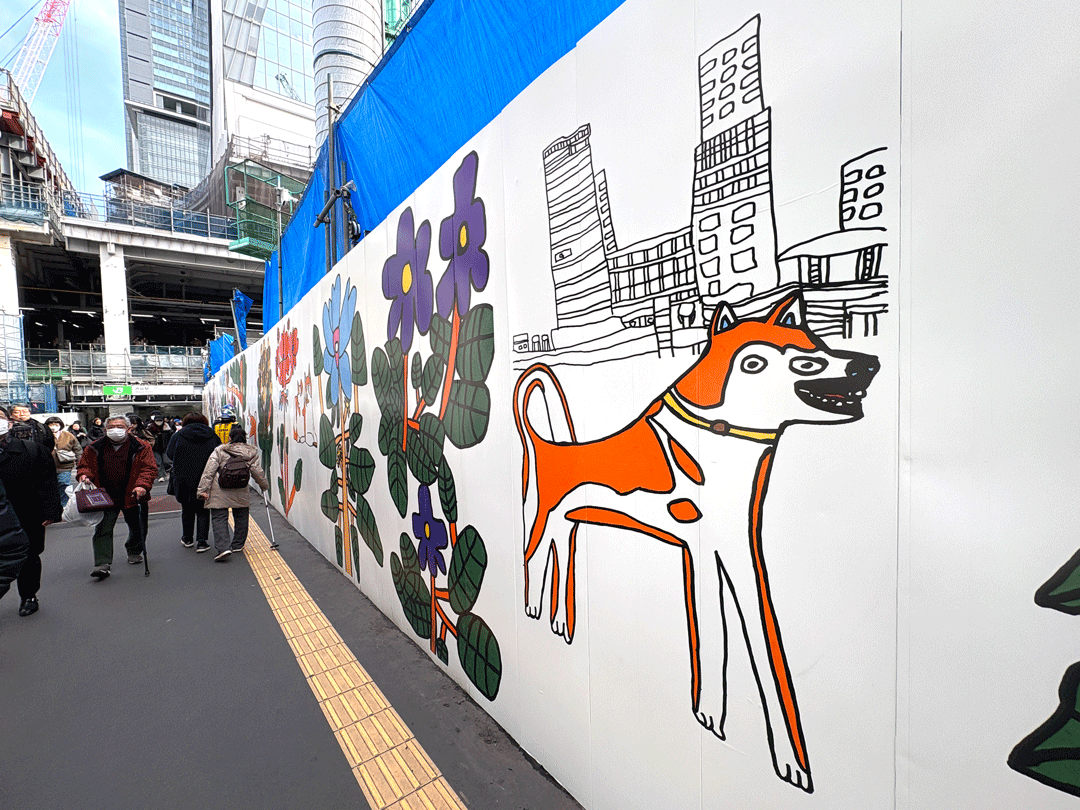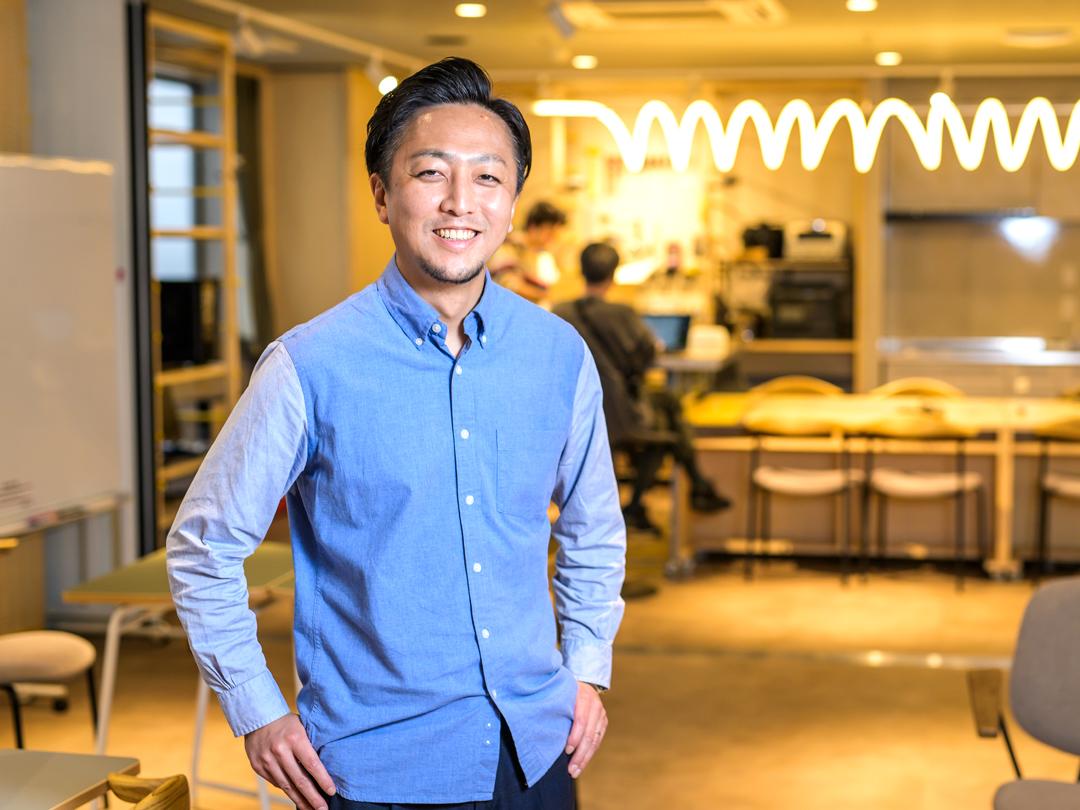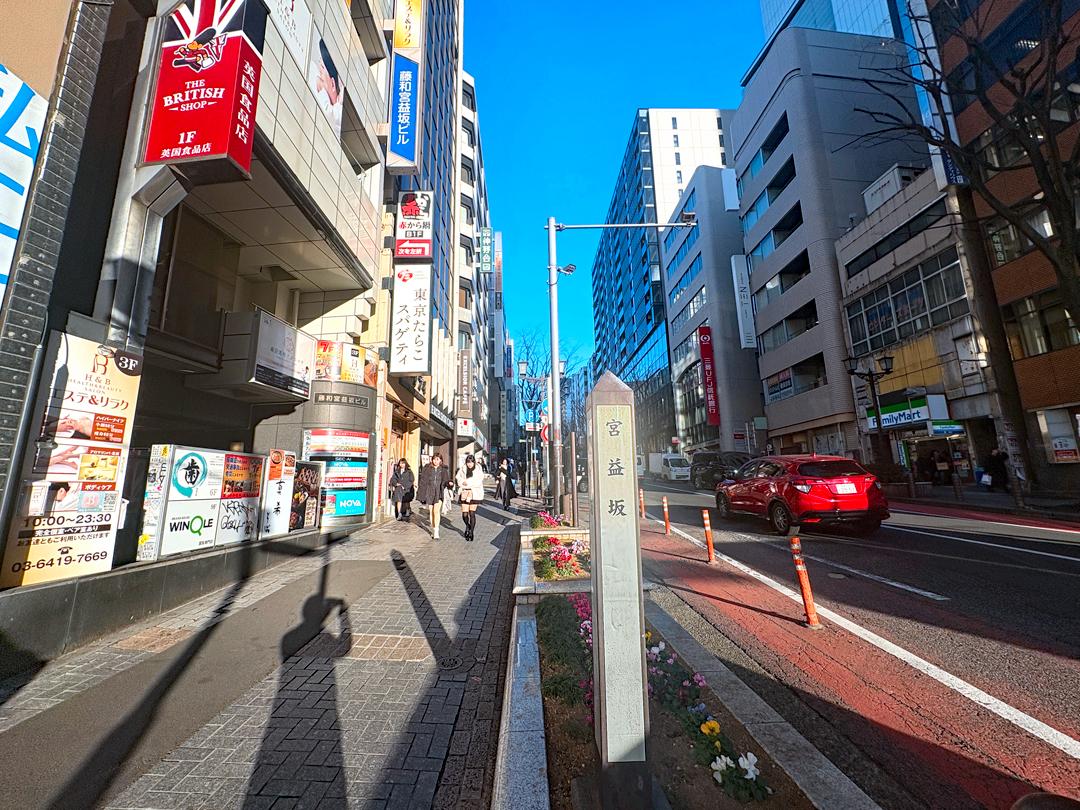SHIBUY.A. × INTERVIEW
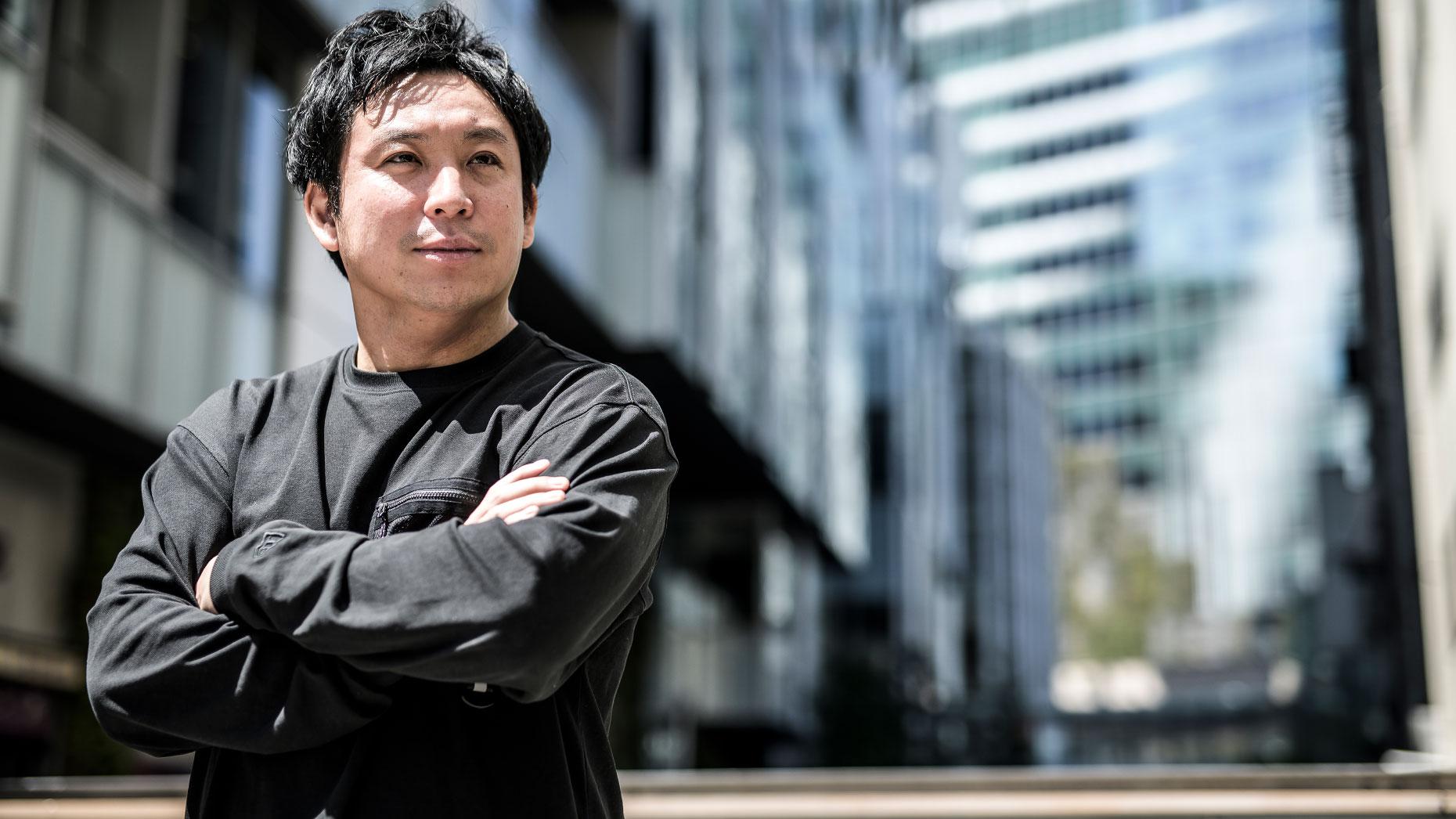
CEO of PLAYNEW Inc.
A world-class "mega club" from SHIBUYA.
We will pave the way for the future of Japanese soccer in this city.
2024-05-29
Representative Director and CEO of PLAYNEW Co., Ltd., which operates SHIBUYA CITY FC. Born in 1988. He was kicking a ball as soon as he could remember, and aimed to become a professional soccer player, but gave up after joining Omiya Ardija's youth team. After entering Rikkyo University, he founded TABIPPO, a student group that conveys the appeal of travel to young people, based on the life-changing experience of traveling around the world. After working at CyberAgent, he incorporated TABIPPO in 2014. In the same year, he joined the amateur soccer club TOKYO CITY FC at the team's launch, and although he retired as a player in 2018, he became the representative director and CEO of PLAYNEW Co., Ltd. in 2021.
From Shibuya, to become Asia's leading "mega club" -- SHIBUYA CITY FC continues to move forward with such a big goal. At first glance, it may seem like a dream, but with the support of nearly 220 corporate sponsors, mainly in the Shibuya area, the number of fans who are fascinated by the club's aggressive playing style continues to grow. Sho Koizumi, CEO of PLAYNEW Co., Ltd., which operates the club, spoke passionately about the future of the football club that can only be realized in Shibuya.
From an amateur soccer team to a semi-professional club seriously aiming to join the J.League
Please tell us what SHIBUYA CITY FC aims to achieve.
Our goal is to get into the J-League from Shibuya, and eventually become a mega club representing Asia. In big cities in countries where soccer is deeply rooted, there are always football clubs that excite the community, such as Barcelona and Manchester City. The city of Shibuya itself is a global brand, and is full of attractions that attract all foreign tourists. If there is an incredibly strong football club there, I am sure that it can become the best mega club in Asia, combined with the energy and influence of this city.
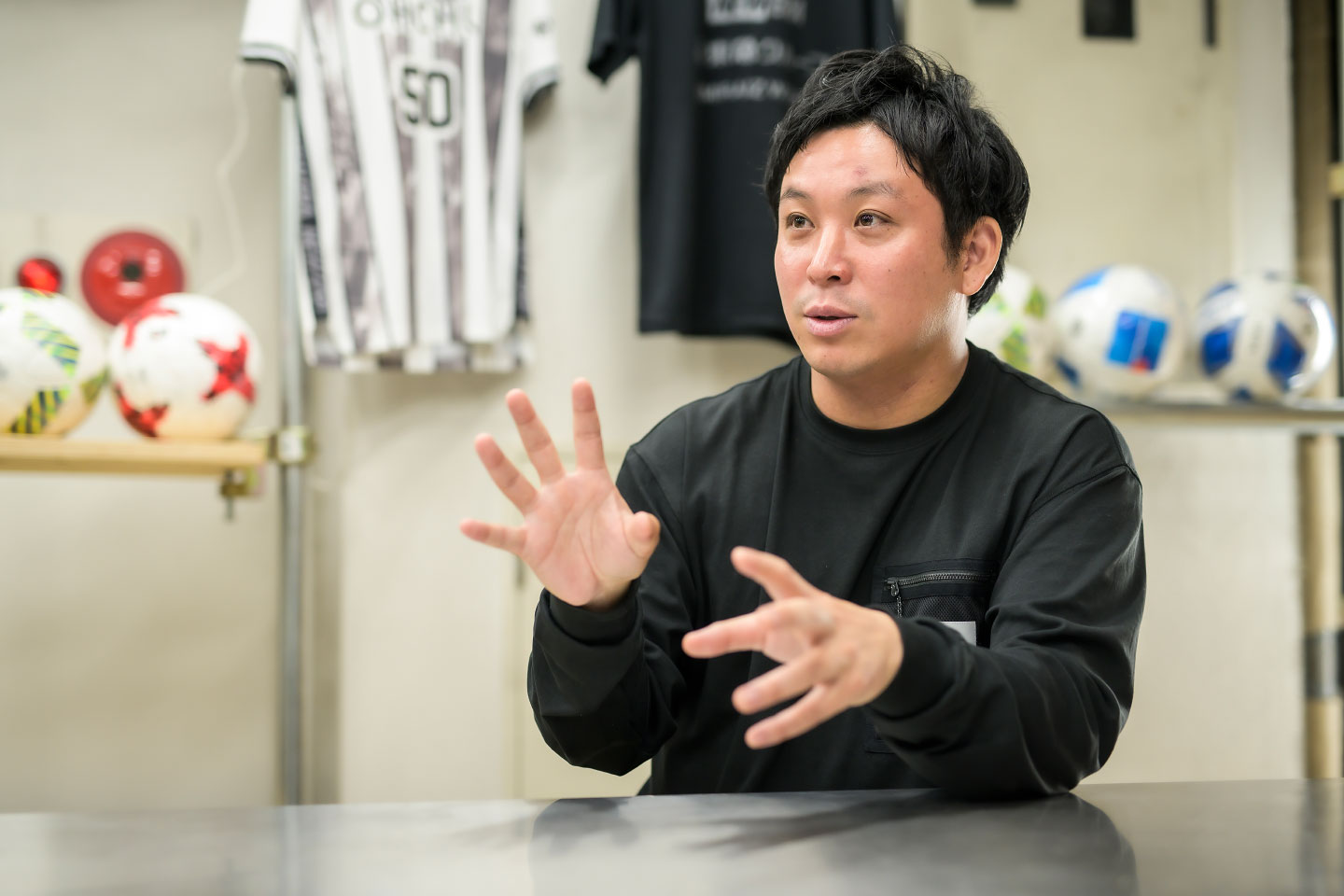
What kind of vision do you have in mind?
Currently, we are in the Tokyo Amateur Soccer League Division 1. This category is equivalent to the 7th division from J1, and if we can move up a category every year, such as Kanto Division 2, Kanto Division 1, and JFL, we can be promoted to J3 in as little as four years. However, in order to move up a category, we need to win the playoffs, which have very tough conditions. We have made it through the league in the past two consecutive years, but lost the playoffs both times... Realistically, I think it will likely take about six years to be promoted to J3.
The team was formed as an amateur soccer team with friends of the same age. At first, it was just for fun, but as they gradually won their way up the Shibuya Ward Adult Soccer League, they felt a strong desire to create a club in Shibuya that would excite people like the J.League did when it was first launched, so in 2019 they incorporated and started full-scale activities. For a while, members who had multiple jobs played in the league on weekends, but in 2022, Kazuyuki Toda became technical director and coach, and Yusuke Tanaka, who played for Yokohama F. Marinos and Kawasaki Frontale, joined the team. This strengthened connection with the J.League and other organizations marked a turning point, and the staff and players were strengthened, and now the club operates as a semi-professional club with members who can focus on practice.
How will they meet conditions such as securing a home stadium?
It is true that compared to the suburbs, it is difficult to build infrastructure such as stadiums and clubhouses, which is why there have been no J.League clubs in the 23 wards of Tokyo until now. However, the Japanese soccer world has a vision to increase the number of clubs based in the city center, and in fact, in 2023, a J3 license was issued to Clearson Shinjuku, which does not have a specific home stadium. We have this "hermit crab method" in mind, but the license conditions may change in the future, and we believe that it is absolutely necessary to secure our own stadium in order to achieve our own vision of attracting tourists from all over the world to watch us.
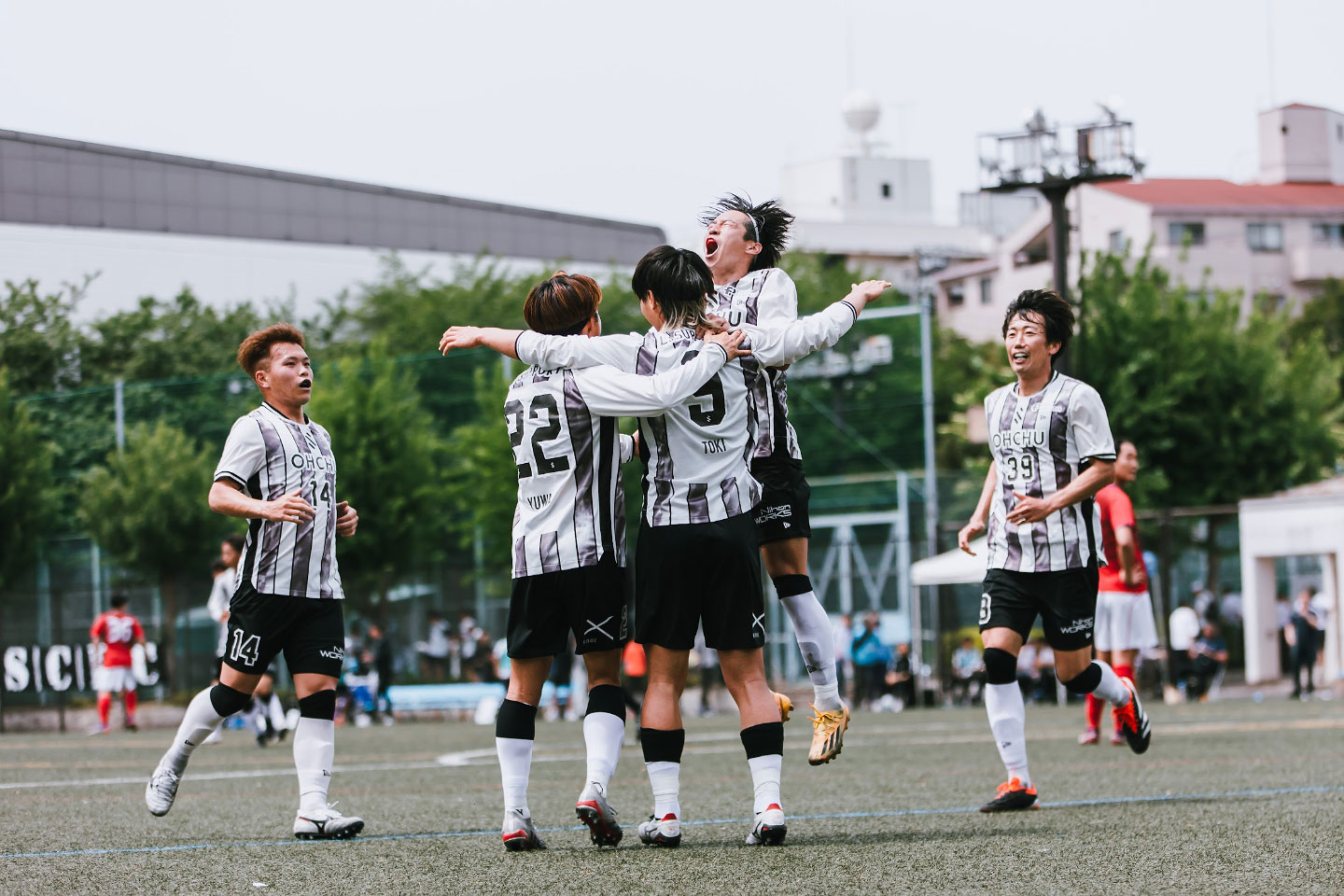
April 29, 2024, Round 5, match against Mitsubishi Yowa Soccer Club. The players celebrate after scoring the opening goal.
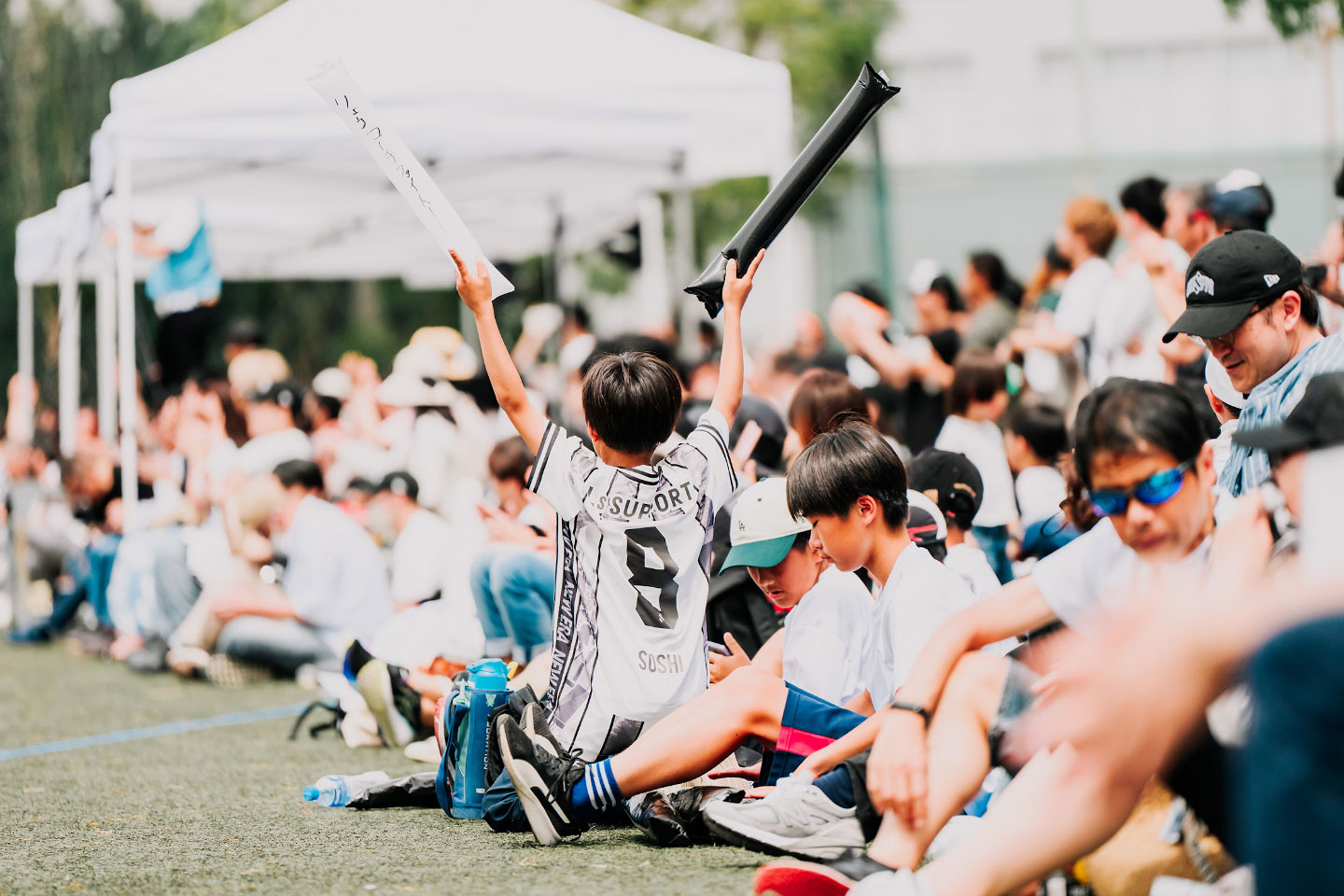
This was the first home game of the 2024 season, and many local fans came to the venue, the Shibuya Sports Center, to cheer them on. They won 2-0, and are continuing to compete for the top spot this season.
I want to increase the value of soccer as a business and entertainment
On the other hand, what do you think makes it easier to work in Shibuya?
I think it has a big advantage in terms of increasing the value of business and entertainment. Above all, it's easy to attract spectators, and the influence and message it has on the city is great. Currently, SHIBUYA CITY FC is sponsored by about 220 companies, which is an unusually large number for a team in a corporate league. Companies in Shibuya are very interested in and support us. In particular, we often hear positive comments from small and medium-sized venture companies, such as "We want to grow together" and "We hope to be listed on the stock market in five years." I think this is because there are many people in Shibuya who are trying new things.
Wanting to try something new that other clubs haven't tried, they also hold an event called "football JAM" once a year, where they hack the streets of Shibuya with soccer. At this event, you can see things like high school girls and old men playing soccer together. It's only in Shibuya that they can make such an event happen, with the help of sponsors.
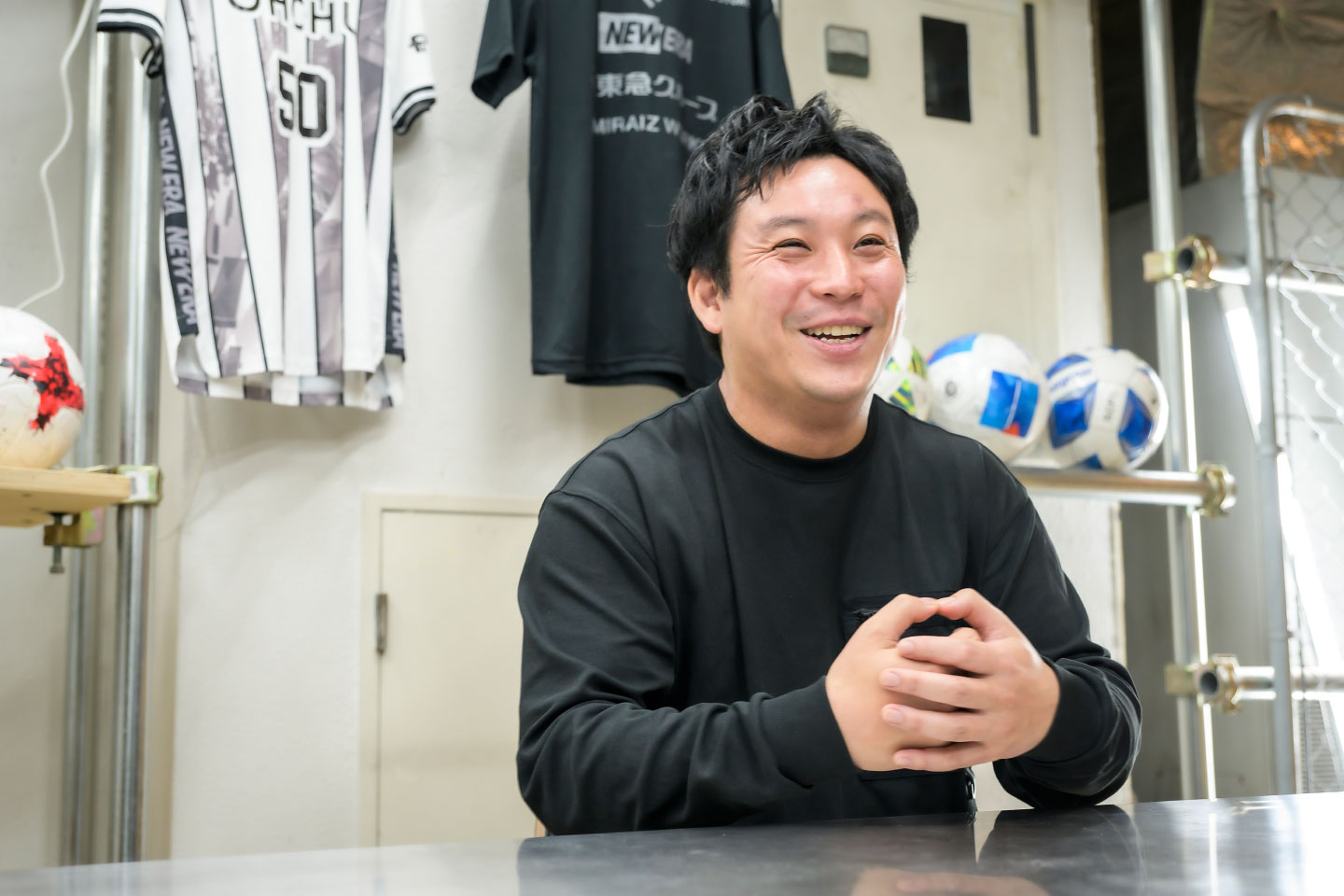
The issuance of tokens on FiNANCiE, a token platform that uses blockchain technology, was also a hot topic.
That's right. Our raison d'être is not only to become the best soccer club in Asia, but also to continue taking on new challenges from Shibuya to improve the world of Japanese soccer, and I'm working on this with a sense of responsibility (laughs). When I thought about it, I felt that there was potential for a new business model in the use of tokens. Shibuya City FC was the first soccer club to make a big splash with its token management by FiNANCiE, and since then, we have received inquiries from many J-League teams. I would be happy if we could expand these cases horizontally and liven up the market for the entire Japanese soccer world.
The good thing about tokens is that they can provide a visible return for your desire to support us. We feel that it is also great that we can reach not only those who have been supporting us from the beginning, but also those who first started with tokens and thought, "I might make a profit in the future, so I'll buy some and support you." We were surprised when the price suddenly rose 400 times in the early days, but this was only a temporary movement and is now fluctuating at a stable price. We are telling everyone, "Please hold on to it as long as you can. It's a long way off, but we will definitely repay you."
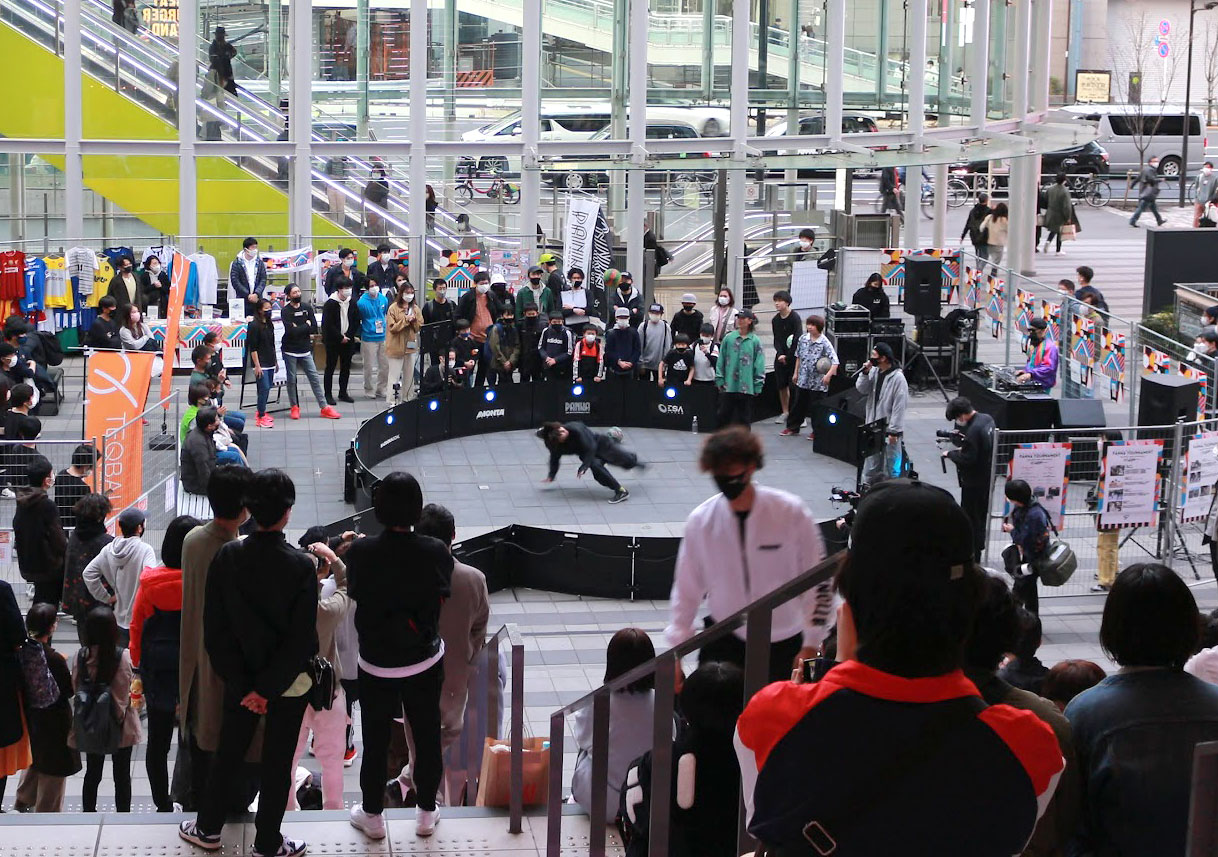
Every autumn, the urban soccer festival "FOOTBALL JAM" is held at venues such as SHIBUYA STREAM Inaribashi Square. "Freestyle," which showcases acrobatic techniques that incorporate elements of ball juggling, dribbling, and dance, is highly entertaining and greatly captivates the audience.
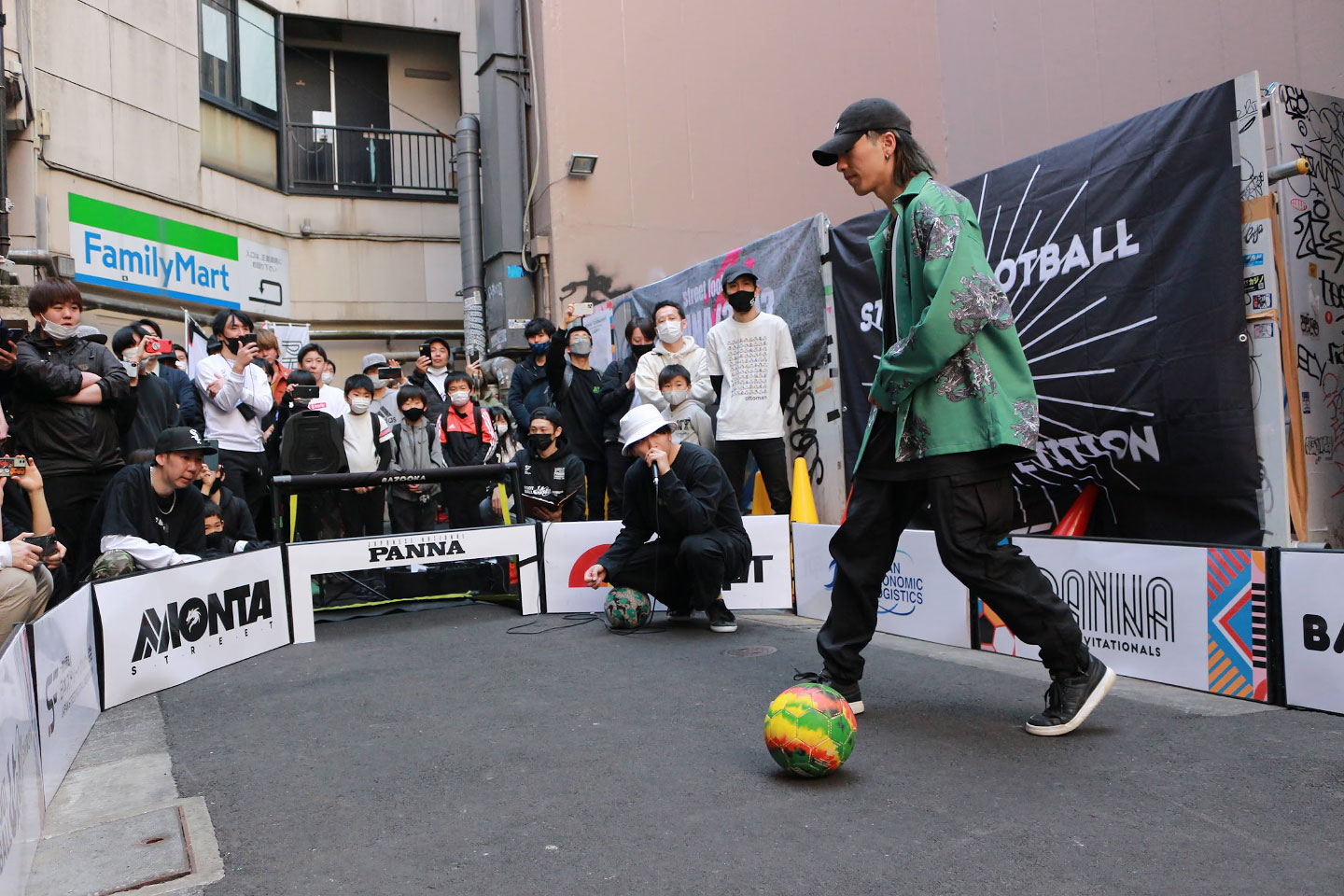
Based on the concept of "kicking, watching and playing", FOOTBALL JAM will be held on the streets of Shibuya as a one-on-one street soccer tournament, providing an opportunity for both soccer fans and those kicking a ball for the first time to get in touch with soccer in a casual and familiar way.
We want to "empower" people in Shibuya through soccer
It seems that you yourself originally aspired to become a professional soccer player.
Yes. I was a kid who played soccer 360 days a year, and in elementary and junior high school I participated in national tournaments and was selected for the prefecture, so I and everyone around me thought I would become a professional. However, as soon as I entered high school and joined the Omiya Ardija youth team, I realized the difference in level between me and the people around me, and I gave up on becoming a professional. Looking back, I think it was more a matter of my attitude, whether I could keep trying and not give up, rather than my soccer skills.
During my university days, I played for a team in the Kanto Division 1 League for working adults, and thought about becoming a teacher and becoming a high school soccer team coach in the future, but when I faced job hunting, I felt that that wasn't what I really wanted to do. So I decided to take a year off from school to experience people and cultures from all over the world, so I studied abroad in the United States for half a year and traveled around the world for the remaining half a year.
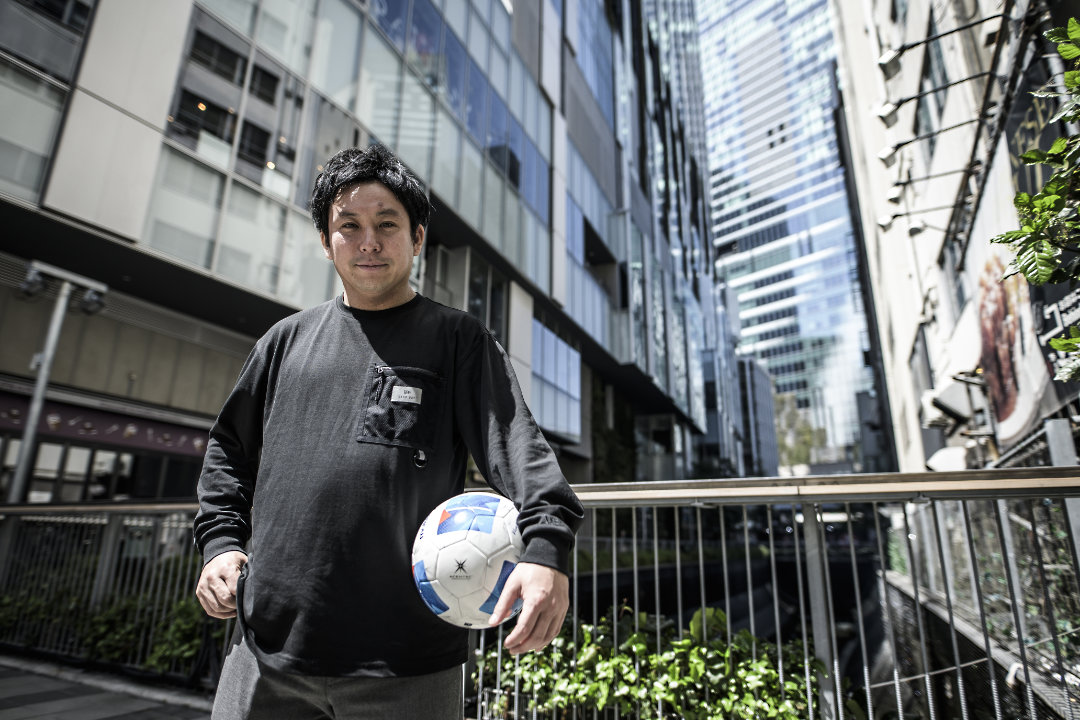
On the first day of his trip to South America, he had some trouble with his luggage going missing at the airport. "Because we had nothing, we received a lot of help from the local people," he said, recalling how it turned out to be an invaluable experience.
What experiences abroad do you feel are useful in your current work or activities?
American university students seemed to have strong opinions and were actively trying to carve out their own path in life. After that, no matter which country I visited, I felt that many people were openly expressing their will and living a lively life. Through my experience abroad, I once again felt that Japan was the best country, but at the same time, I also felt more strongly that why Japanese people don't directly translate their feelings into action or take on more challenges. I myself have reflected on the fact that I spent the first half of my university years in a daze, without having any goals for the future... Through these experiences, I realized that it's okay to live your life by being completely absorbed in what you love, and this has led to my subsequent activities and work.
Wanting other people his age to have the same overseas experience that had greatly changed him, after returning to Japan he started a student group called TABIPPO with friends he had met abroad. Involving adults such as companies, he took on various challenges, such as running travel-themed events. After graduating, he joined CyberAgent, but left the company after one year in search of what he wanted to do more, and in 2014 he incorporated TABIPPO. It was also in the same year that he created an amateur soccer team that would become SHIBUYA CITY FC. In this way, he has been consistently pursuing what he wants to do up to the present day.
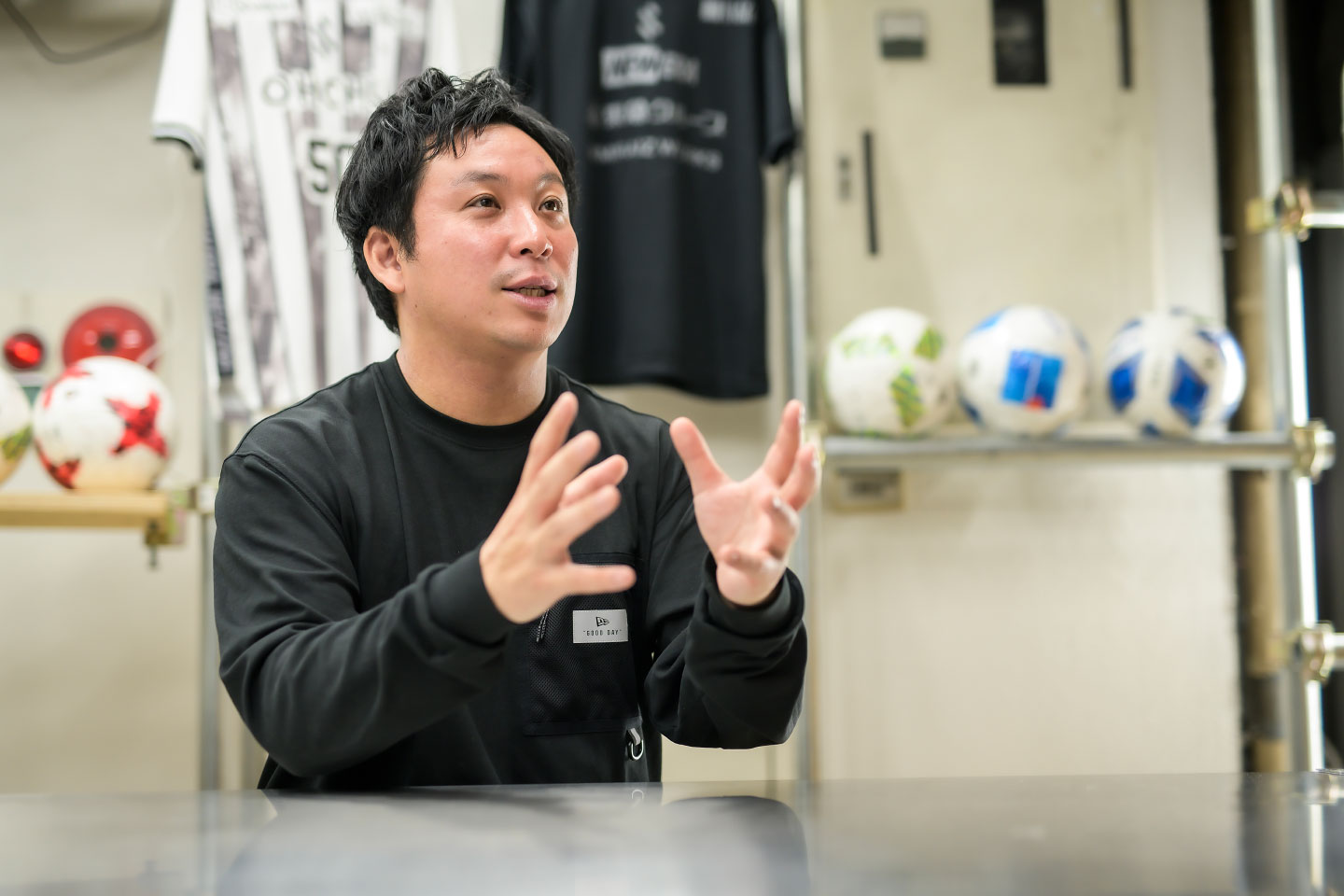
What does working in Shibuya mean to you?
Ever since I started living in a shared house in Sangenjaya with the members of TABIPPO during my student days, I've been working from Shibuya. I first chose Shibuya because I thought it was an area where students from various universities in Tokyo could easily gather. Even now, all the people I'm closely connected with work and play in Shibuya, so I really feel like it's the best town for a community base. I think the reason why business owners of my generation gather in Shibuya is largely because they're attracted to the energy of this town. Working surrounded by such people makes me want to take on more challenges myself.
Finally, please give a message to those who support SHIBUYA CITY FC and to future fans.
It's okay to express your emotions more and to go all out with what you want to do. We want to "empower" many people through soccer and create a future where that energy is expressed directly. What we aim for on the field is aggressive and creative soccer that will excite even those who are watching for the first time. If you're visiting the Shibuya area, please come and cheer us on!
Interview and writing: Ryota Ninomiya / Photography: Osamu Matsuba
